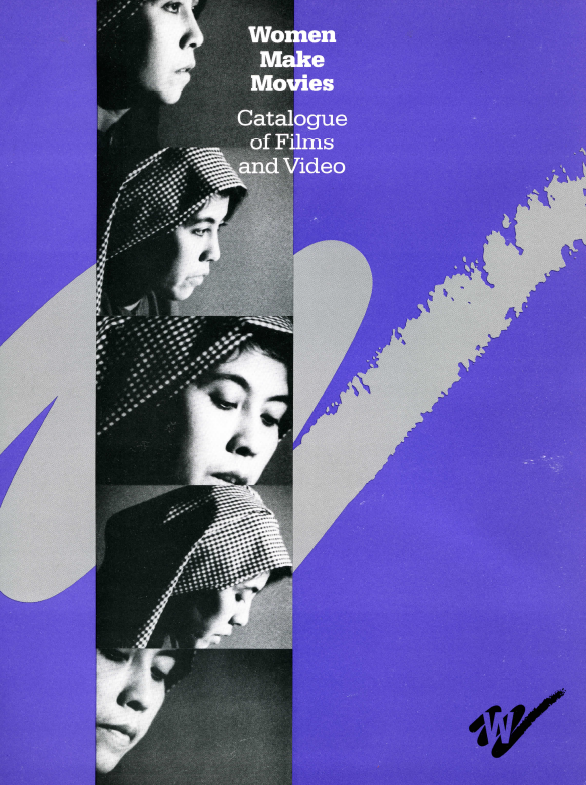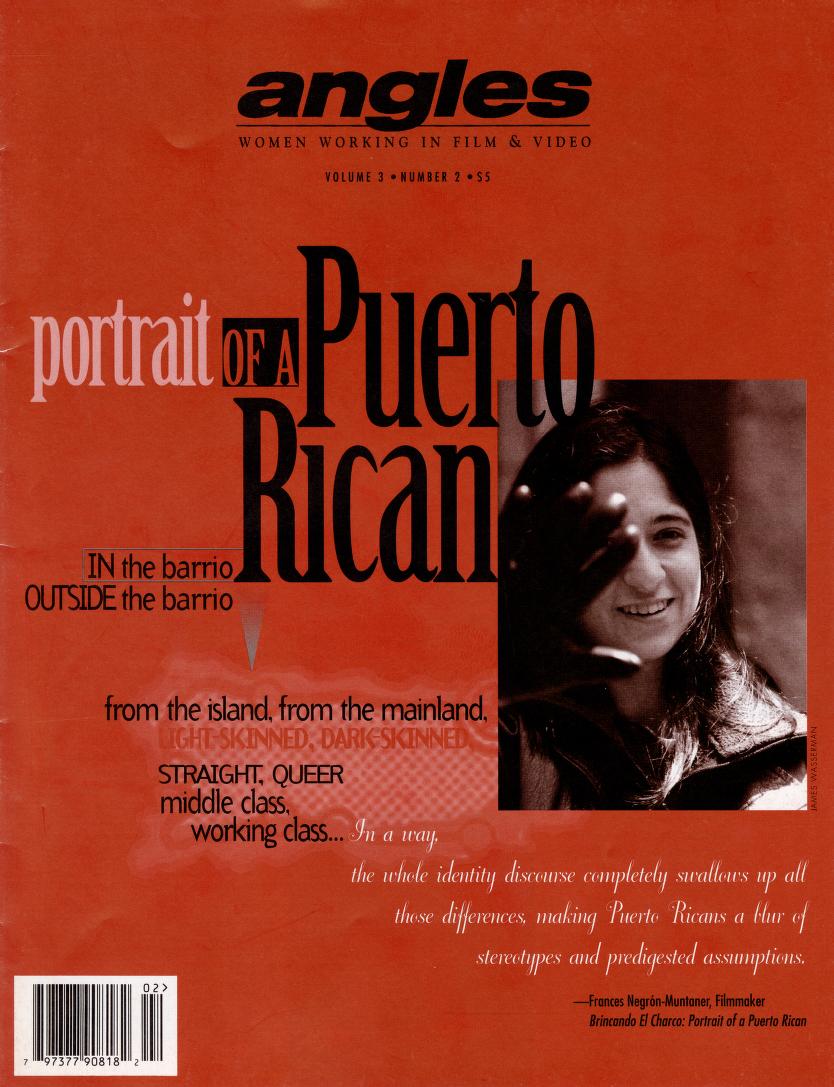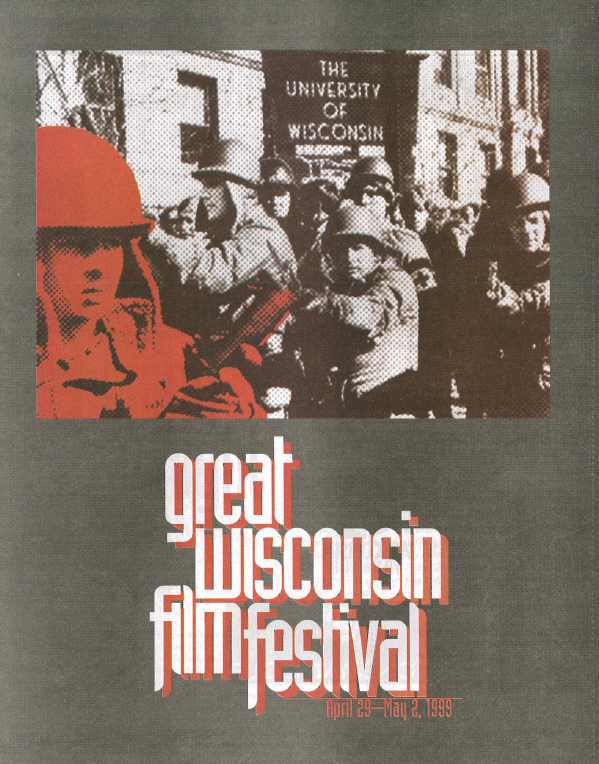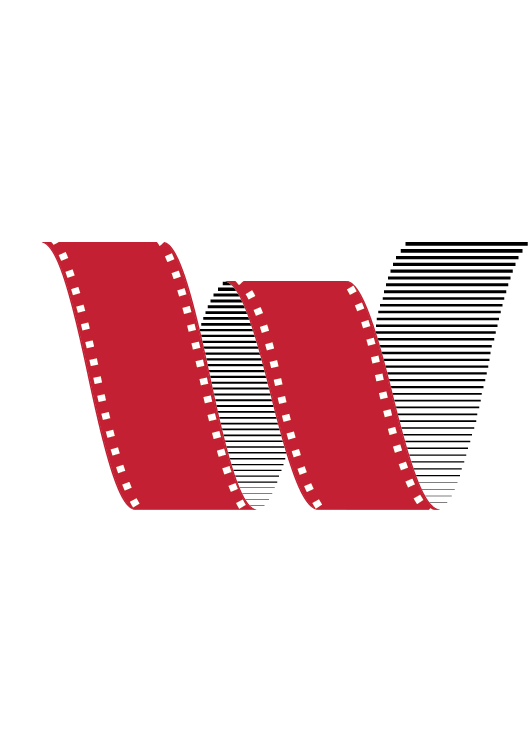Matt St. John
The Wisconsin Center for Film and Theater Research (WCFTR) has received a grant from the National Historical Publications and Records Commission (NHPRC) for a project titled “Expanding Film Culture’s Field of Vision: Processing and Sharing the Collections of Amos Vogel, Jump Cut, Angles, and the Wisconsin Film Festival.” The $103,063 Archival Projects grant from the NHPRC, along with matching funds from UW-Madison, will fund a two-year project, allowing WCFTR to fully process and digitally curate four collections that broaden our understanding of American film culture: the Amos Vogel papers, the Chuck Kleinhans and Julia Lesage papers, the Elfrieda Abbe papers, and the Wisconsin Film Festival collection. The four collections contain extensive connections with American film history, and they offer the chance to study a vibrant film culture that extends far beyond familiar studios and directors.

While they stem from different locations and time periods, the collections all focus on film criticism and programming outside the Hollywood mainstream. The earliest is the collection of Amos Vogel, a passionate film critic and programmer who brought a wide range of foreign, experimental, and independent films to audiences, mostly in New York. The papers primarily relate to his work with Lincoln Center/the New York Film Festival, Grove Press, and the Annenberg Cinematheque. They document cinema’s changing relationship to arts institutions in the United States from the 1960s to the 1990s, beginning with his successful efforts to make film a regular part of Lincoln Center’s programming. In addition to the papers, the collection includes 40 films, which are mostly avant-garde, experimental, and/or student short films from the 1950s and 1960s that he screened through his work in distribution and exhibition.

The Chuck Kleinhans and Julia Lesage papers document the work of two eminent film scholars and co-founders of the journal Jump Cut. The materials span all stages of their scholarly and editorial careers. Kleinhans collected clippings, publications, and notes related to a wide range of research interests, with an emphasis on American independent filmmakers from marginalized groups, and his course materials reflect the same interests. Topics represented in the collection include experimental film, women/gender/sexuality in film, African American film, and much more. Additionally, the catalogs and programs in this collection, many from activist filmmaking collectives or festivals, track film culture’s intersections with social and political movements in the United States, and Kleinhans’ teaching and research materials show how scholars strived to understand and promote such films.

The third collection is the papers of Elfrieda Abbe, a writer, editor, and film critic from Milwaukee. The papers reflect her work through articles and film reviews, presentations, and the feminist journal Angles: Women Working in Film and Video, which she edited. The collection contains the complete 13-issue run of Angles from 1991 to 2003, featuring interviews and articles focusing on women filmmakers, with an emphasis on issues of race and class in the industry and independent film culture. The programs also include promotional materials and brochures from film events that Abbe programmed or participated in, primarily focused on women and representation. Abbe’s collection demonstrates the efforts of a regional publication and related events in the Midwest to promote the work of women filmmakers from around the country and the world.

The Wisconsin Film Festival collection captures the development of the festival from its founding in 1999 to the present. Along with promotional materials and the schedules and programs for each, the collection documents the development and growth of the festival through internal planning records. Press kits and other information related to programmed films provide examples of American independent cinema since 1999, with the Wisconsin Film Festival representing the category of regional American film festivals that has proliferated in recent decades. While not widely recognized, such events are an important addition to the American arts scene, offering alternatives to mainstream films at the multiplex and inviting audiences to engage with new perspectives and new approaches to filmmaking.
Through the “Expanding Film Culture’s Field of Vision” project, we will increase access to the four collections by improving their preservation, producing finding aids, and digitizing selected paper and audiovisual materials that will be available on a new website. The grant from the NHPRC will allow WCFTR to hire a full-time manuscript processing archivist for the first year of the grant and a project assistant who will work on the website for the second year. We believe that these fascinating collections hold interest for researchers and students around the country, as the materials relate directly to national histories of feminist and independent art and culture, and we are excited to make them more widely available.
Like our recently announced NEH-funded work to digitize and share more of Wendy Clarke’s collection, we will share updates on this new project later this year. Please be sure to also follow along via our social media to keep up with all of the WCFTR’s news and events!
- Twitter: @wcftr
- Facebook: facebook.com/wicenterforfilmandtheaterresearch
- Instagram: @wcftr_archive
